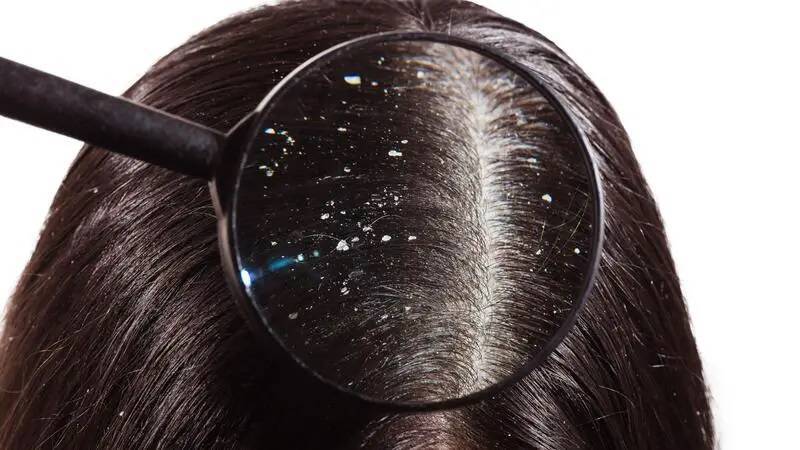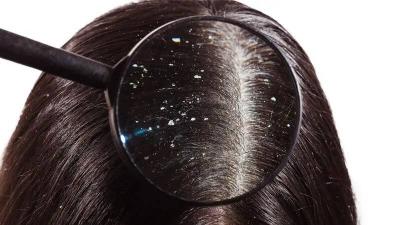Dandruff can lead to hair loss and skin inflammation on the scalp, according to dermatologist and hair specialist Dr. Anastasia Tikhonova. In a statement to "Gazeta.Ru," she noted that "dandruff is a chronic and relapsing condition that results from an imbalance in the skin's microbiome." According to her, the exact causes of dandruff have not been fully studied, but the following non-genetic factors are attributed to its onset: a weakened immune system, stress, and hormonal changes. Genetic predisposition also plays a significant role. This condition commonly appears during adolescence and between the ages of 40-60, with men often experiencing dandruff more frequently.
She added that "when talking about seborrheic dermatitis, we must mention the fat-loving fungi of the Malassezia genus, which resemble yeast. These fungi 'reside' alongside the microorganisms found on our skin. They live in the surface layers of the skin, between the corneocytes, and in hair follicles, contributing to disease development and causing inflammation, thereby completing the cycle of 'itching - scratching - itching.'"
She emphasized that "the state of the immune system plays an important role in maintaining the balance between the body and microorganisms. A strong immune system continuously suppresses the activity of these microorganisms. The inflammatory phenomena observed in patients with seborrheic dermatitis are merely a call from the immune system to take the necessary actions to regain control over the infection site."
The expert pointed out that "the use of aggressive cosmetic products disrupts the skin barrier, exacerbating seborrheic dermatitis." According to her, hormonal imbalances (puberty, pregnancy, menopause) disrupt the balance of estrogen and testosterone, the latter stimulating the secretion activity of sebaceous cells, leading to acne. These two processes often occur together.
In conclusion, the expert noted that "seborrheic dermatitis can lead to hair loss, secondary bacterial infections, and become associated with scalp psoriasis, androgenetic alopecia, telogen effluvium, and scarring alopecia."




